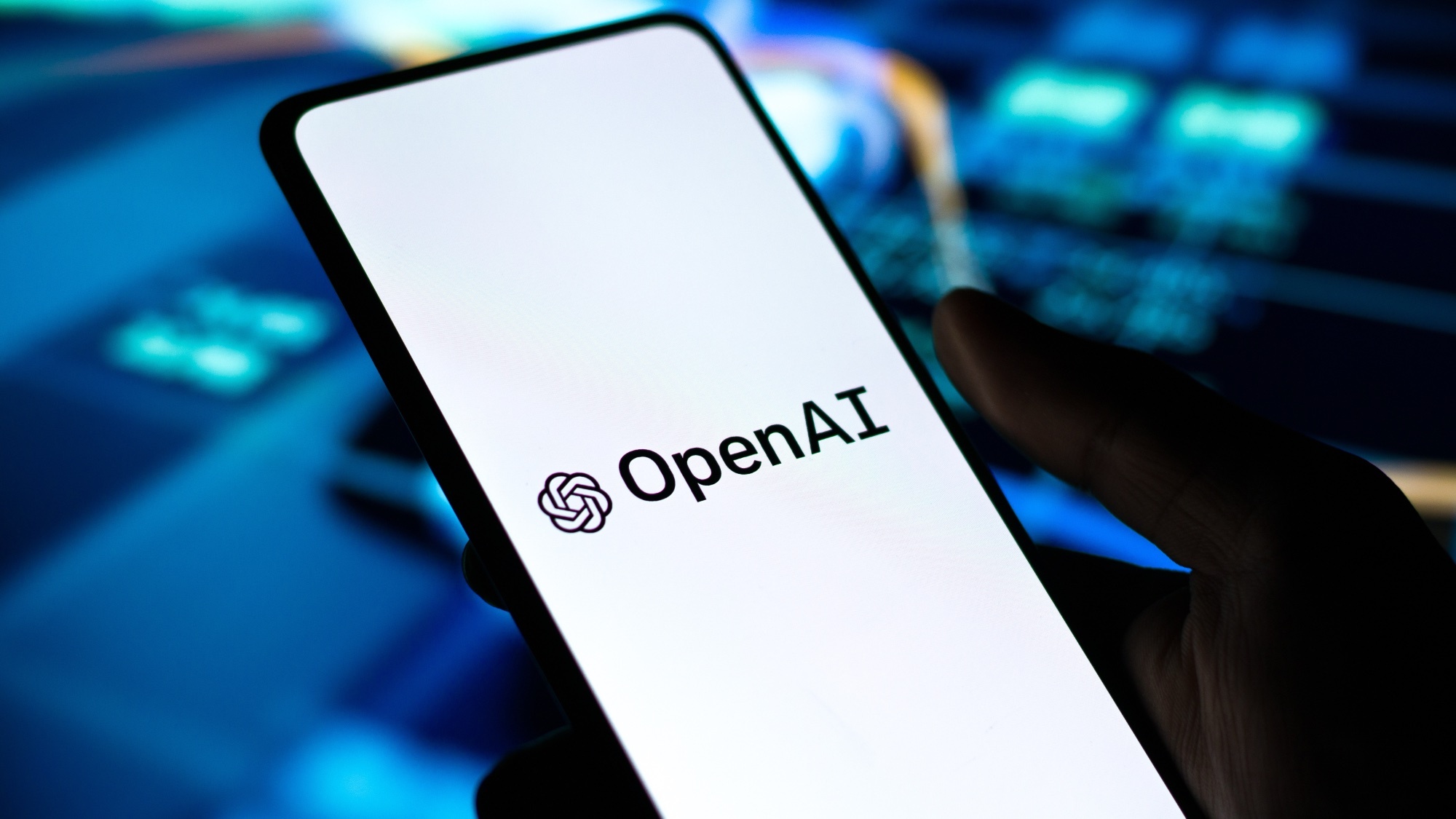OpenAI just rolled out a major upgrade to ChatGPT Search, and it’s a bold step closer toward dethroning traditional search engines.
Now available, the new version of ChatGPT Search can interpret more complex questions, run multiple search queries at once and even handle visual inputs like screenshots.
Combined with better memory and voice tools in GPT-4o, it’s starting to look a lot like the kind of all-purpose search assistant Google’s been trying to build, but in chatbot form.
|
Feature |
ChatGPT Search (GPT-4o) |
Google AI Search / AI Overviews |
|
Query Style |
Conversational, multi-turn |
Traditional search input, evolving toward AI summaries |
|
Source Transparency |
Links shown under citations (but limited detail) |
Inline links with mixed source visibility |
|
Live Web Access |
Yes (with browsing enabled on) |
Yes, but not always clear when results are real-time |
|
Image Understanding |
Accepts images + screenshots for context-aware responses |
Limited visual interpretation (outside of Lens) |
|
Tone & Use Cases |
Personalized, assistant-style responses |
Factual, one-shot summaries for faster results |
|
Ad Integration |
None (currently) |
Google Ads + Shopping baked into some queries |
|
Memory & Context |
Can recall past prompts and preferences (in GPT-4o) |
No long-term memory, personalization only if enabled |
|
Primary Strength |
Deep context + synthesis across multiple domains |
Quick facts, maps, and shopping results |
ChatGPT Search and Google AI Overviews take different approaches to answering queries.
Google AI Overviews pull from existing web content to generate summarized answers at the top of search results, often quoting or paraphrasing websites.
In contrast, ChatGPT Search blends AI-generated responses with live web results from trusted sources, offering a more conversational experience.
While Google favors brevity and directness, ChatGPT provides more context, personalization and reasoning. ChatGPT also allows follow-up questions in a chat format, making it feel more interactive.
Google is still a traditional search engine with AI layered on top — ChatGPT is search reimagined through conversation.
What’s new in ChatGPT Search
The upgraded ChatGPT Search now offers:
- Better understanding of long, complex questions
- Multiple search passes behind the scenes for improved accuracy
- Enhanced responses based on up-to-date information
- Visual input capabilities where you can upload images or screenshots for smarter analysis
So far, I’ve also noticed cleaner answers, fewer hallucinations and faster response time. As a power user with ChatGPT Plus, I’ve noticed a major shift because GPT-4o is enabled by default.
With every prompt, responses feel sharper and more confident, with less of the filler or second-guessing I used to get.
It’s like the model knows what I’m asking before I finish typing, which is without a doubt the upgraded memory in ChatGPT Plus.
ChatGPT Search is free for everyone, but Plus, Team and Pro users may experience even more of a streamlined search than those using the free tier.
Why this matters
Google Search still dominates traditional queries, especially for quick facts, maps, shopping, or local recommendations. Environmentally, it uses less energy, which is why it might be the better option for short queries.
But if you want any of the following, ChatGPT Search just got a lot more competitive:
- Help brainstorming ideas
- Deeper research
- Cross-topic synthesis
- Visual or contextual analysis
And while OpenAI says it’s not trying to “kill Google,” CEO Sam Altman admitted earlier this year that he doesn’t use Google anymore. In this not-so-subtle statement, the CEO has made it clear that search habits are shifting.
Bottom line
ChatGPT Search has become a legit search companion. More than a chatbot with search capabilities, the AI has the ability to understand what you’re really asking and how best to answer.
While Google is still the default for millions, this recent update from OpenAI shows that the tech giant is aiming higher and getting closer to Google.
Do you use ChatGPT or Google for your searches? What is your deciding factor? Let us know in the comments!
More from Tom’s Guide
Back to Laptops
Source link
